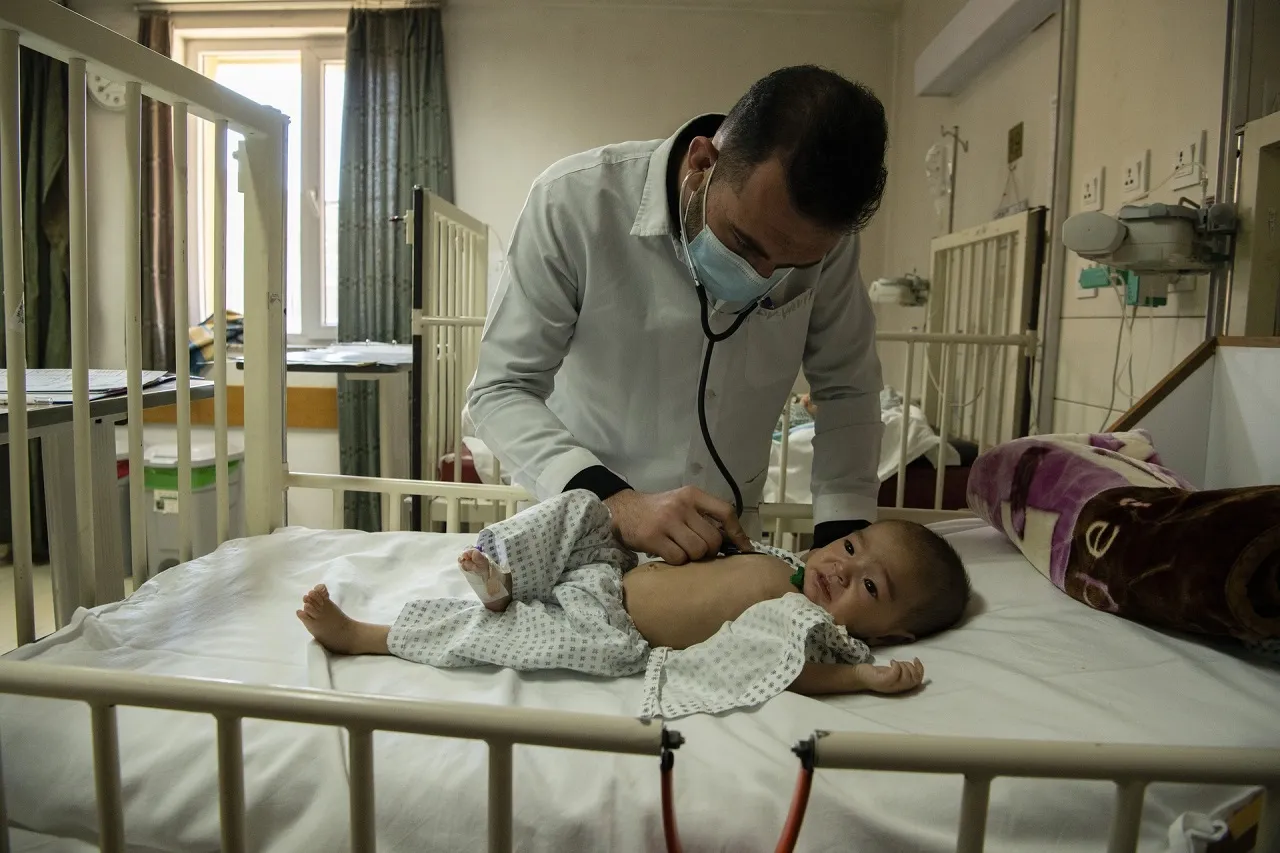
The World Health Organization (WHO) held the first meeting of the Acute Care Action Network (ACAN) on October 17–18 in Geneva, Switzerland, bringing together key stakeholders to strengthen global acute care systems. This collaborative effort aims to improve access to timely, life-saving care across all regions.
Acute care—providing immediate, life-saving health interventions—has become essential for addressing critical health needs worldwide, especially as global crises multiply. From public health emergencies to climate-induced disasters and prolonged conflicts, millions face urgent health challenges. In low- and middle-income countries, where over half of deaths could be affected by accessible emergency care, the lack of timely interventions has a severe impact.
“The world is grappling with unprecedented health challenges that require a unified, rapid response,” said WHO Assistant Director-General Dr. Bruce Aylward. “We must ensure everyone can access the urgent care they need. ACAN’s launch is a significant step toward closing gaps in acute care, advancing universal health coverage (UHC), and building resilient health systems capable of responding to emergencies.”
Responding to the Global Mandate: WHA Resolutions 76.2 and 77.8
In 2023, WHO Member States adopted Resolution 76.2, calling for immediate action to bolster health systems for emergency, critical, and operative care. Co-sponsored by over 80 countries, the resolution underscores the need to integrate acute care services across all health system levels. Further, WHA 77.8 called for a global strategy to support these goals, with ACAN positioned as a global alliance focused on lifesaving coordination in response to this mandate.
“To address today’s health challenges, acute care must be prioritized. Universal health coverage cannot be achieved if people die from treatable conditions due to lack of timely intervention,” said Dr. Rudi Eggers, Director of WHO’s Integrated Health Services Department. “ACAN is an essential mechanism to translate commitments into concrete action.”
Key Priorities for Enhancing Acute Care Systems
The ACAN meeting identified five operational priorities to drive improvements in acute care globally:
- Strengthening Acute Care Services – Scale up WHO’s resources, including process guidelines and clinical decision support, to improve acute care quality across diverse settings.
- Community Empowerment – Promote community-based programs for early recognition of emergencies and timely care.
- Enhanced Access – Integrate acute care planning from community clinics to hospitals, ensuring readiness at all care levels.
- Quality Improvement – Implement programs to support health workers in refining clinical practices through standardized training, registries, and quality assurance.
- Data-Driven Action – Conduct comprehensive assessments to identify and address gaps in care, guiding national and local planning for enhanced service delivery.
ACAN represents a global commitment to building robust acute care systems that save lives and enhance resilience in the face of health crises.





